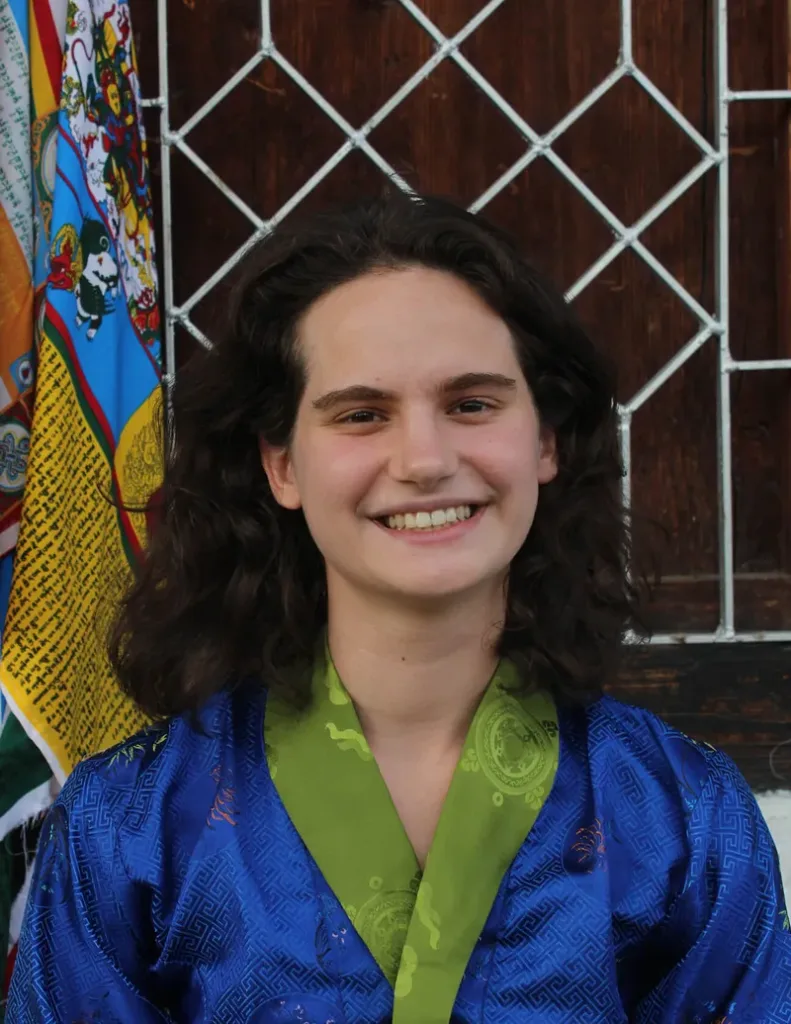
By: Helen Dugmore
Saving the World Takes All of Us
To you, a future SFS student,
Hujambo from Tanzania!
Here in East Africa, we are studying baboon behavior, recording data on elephants in Tarangire National Park, and placing orders for custom-made clothing made of local kitenge at the tailor in town — albeit in broken Kiswahili.
But perhaps first I should mention that I’m not currently studying wildlife management, let alone anything science-related. As a journalism major and life-long writer, my expertise lies in literature, good grammar and great storytelling; however, I also feel deeply about contributing to the healing of our planet in some way. That’s why I’m here.
My confession? I have never conducted true scientific research. Coming from a non-STEM major, this was way out of my comfort zone, but I can tell you this: If this program speaks to you, and if you have a deep desire to contribute to conservation efforts in any way during your lifetime, do it. And, if you ask me, pushing yourself outside those boundaries of comfort is the best way to grow as a person and as a student.
We are living in an era when species are beginning to go extinct more frequently, when people continue to massacre wildlife populations for personal benefit despite international awareness of wildlife issues, and when our climate is screaming at us for help. It doesn’t just take a STEM major to save the world; it takes passion and initiative.
What I personally love about SFS — and what initially caught my eye and ultimately helped me decide SFS over other study abroad programs — is its openness to all majors and enthusiasm for us to have an authentic and nourishing experience in the field. Although I topped GPAs in biology classes growing up, I had still never formally filled out a data sheet or written a scientific paper. At the end of the day, however, none of those technicalities mattered.
To be completely honest, it took me a while to get past the feelings of self-doubt and self-consciousness — things I had never experienced academically before — to realize how special it is to be a student with a different vision in mind for my contributions to the environment going forward. No, I may not conduct earth-shattering research deserving of a Nobel Peace Prize, but I may well strive to earn a Pulitzer for the stories that will wake everyone up from this daydream once and for all.
The one aspect of SFS that I find exceptionally valuable compared to other programs is its transparency. Here, you get the authentic experience. Here, you are immersed in a culture completely different from your own, in a language with different sounds and sentence structures. Here, you live alongside the locals, and you learn from them. As I write this not even two weeks into our short one-month stay, I am already fighting the tears I know will come when it is time to bid Tanzania farewell. We have befriended so many people, from staff to students to locals, who have made us feel like family over the span of only a few days.
Winnie, at the soccer field a short walk away, is my tiny Frisbee partner-in-crime; Frank makes sure we are learning (and practicing!) as much Kiswahili as possible; and at night, after dinner and ReKAP, we sit around the campfire roasting marshmallows and sharing stories to the sound of crickets and Creedence Clearwater Revival. We don’t sleep in 5-star hotels, and we aren’t the average tourists — or tourists at all, really. This is our temporary home, and everyone here believes that us wanafunzi, students, will change the world someday.
So, if this speaks to you, don’t hesitate. Just don’t be afraid to dive in head-first and get your hands dirty.
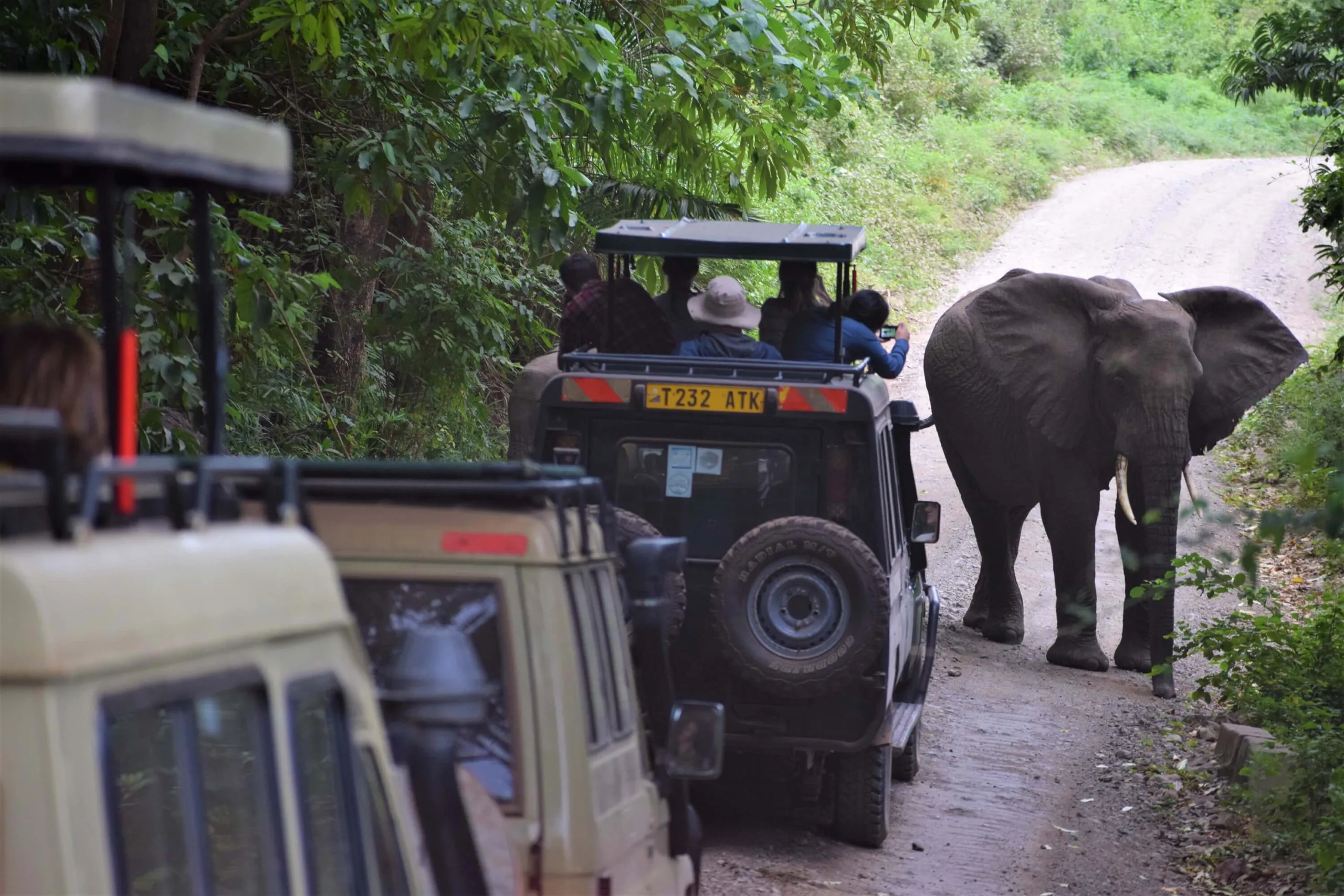
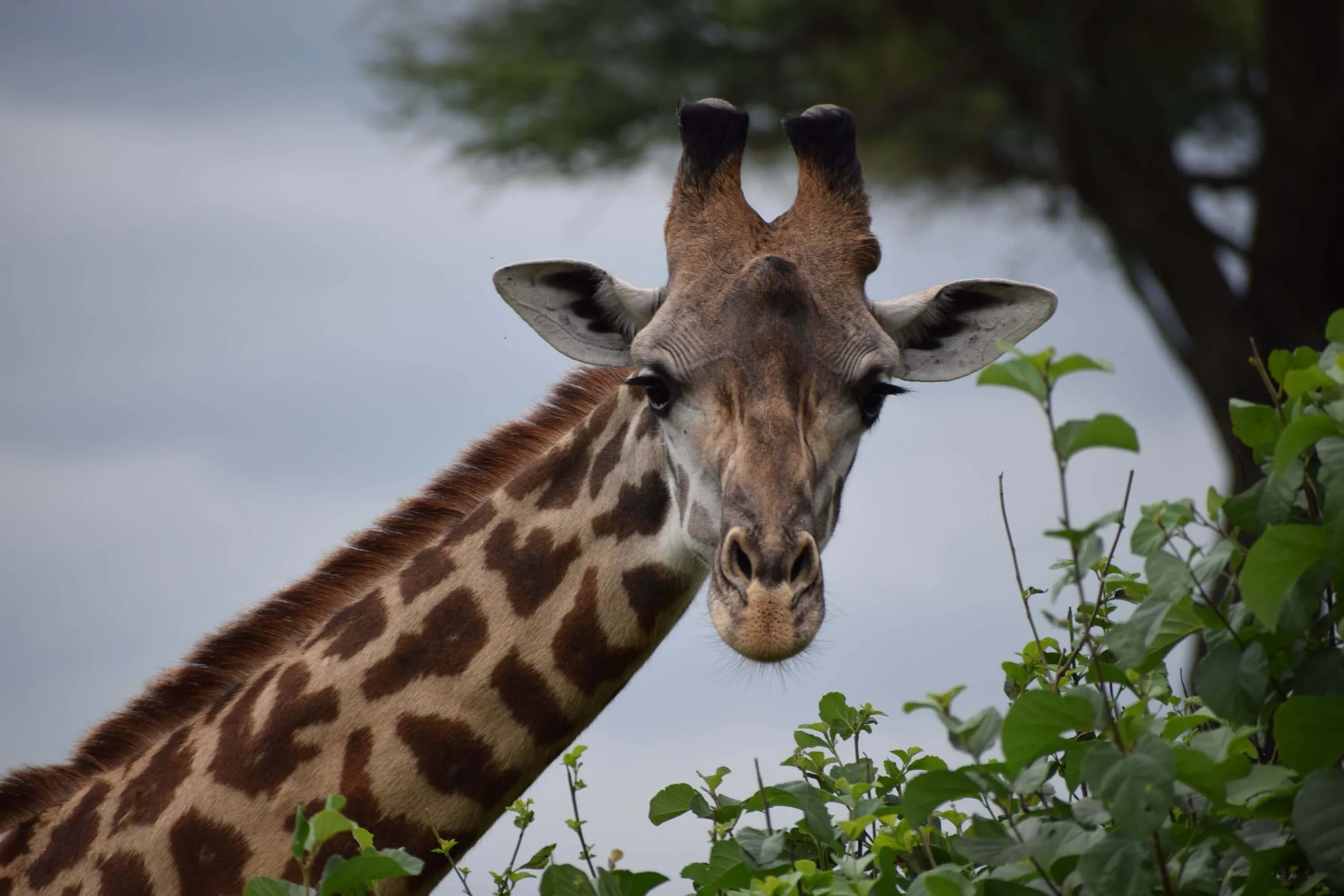
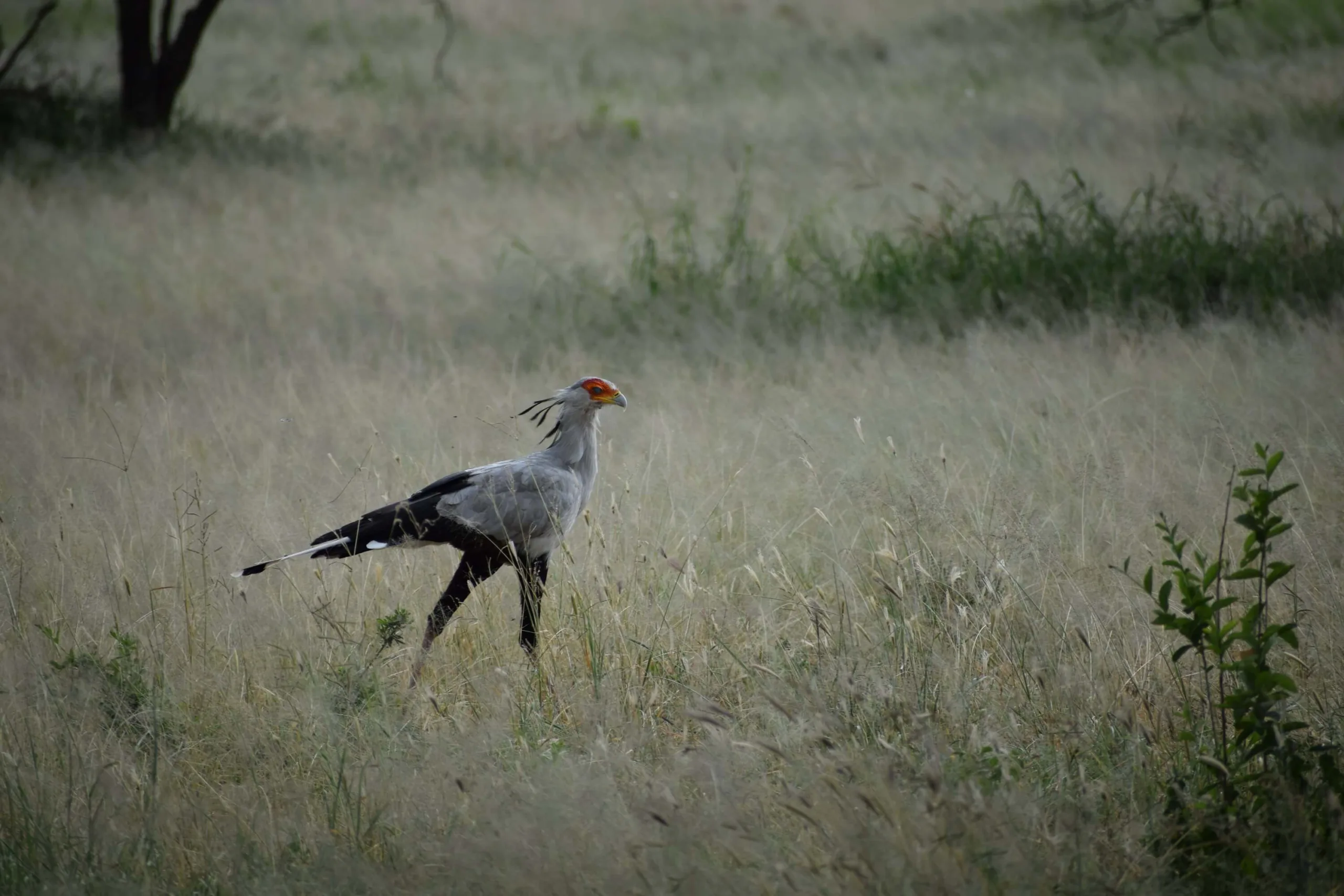
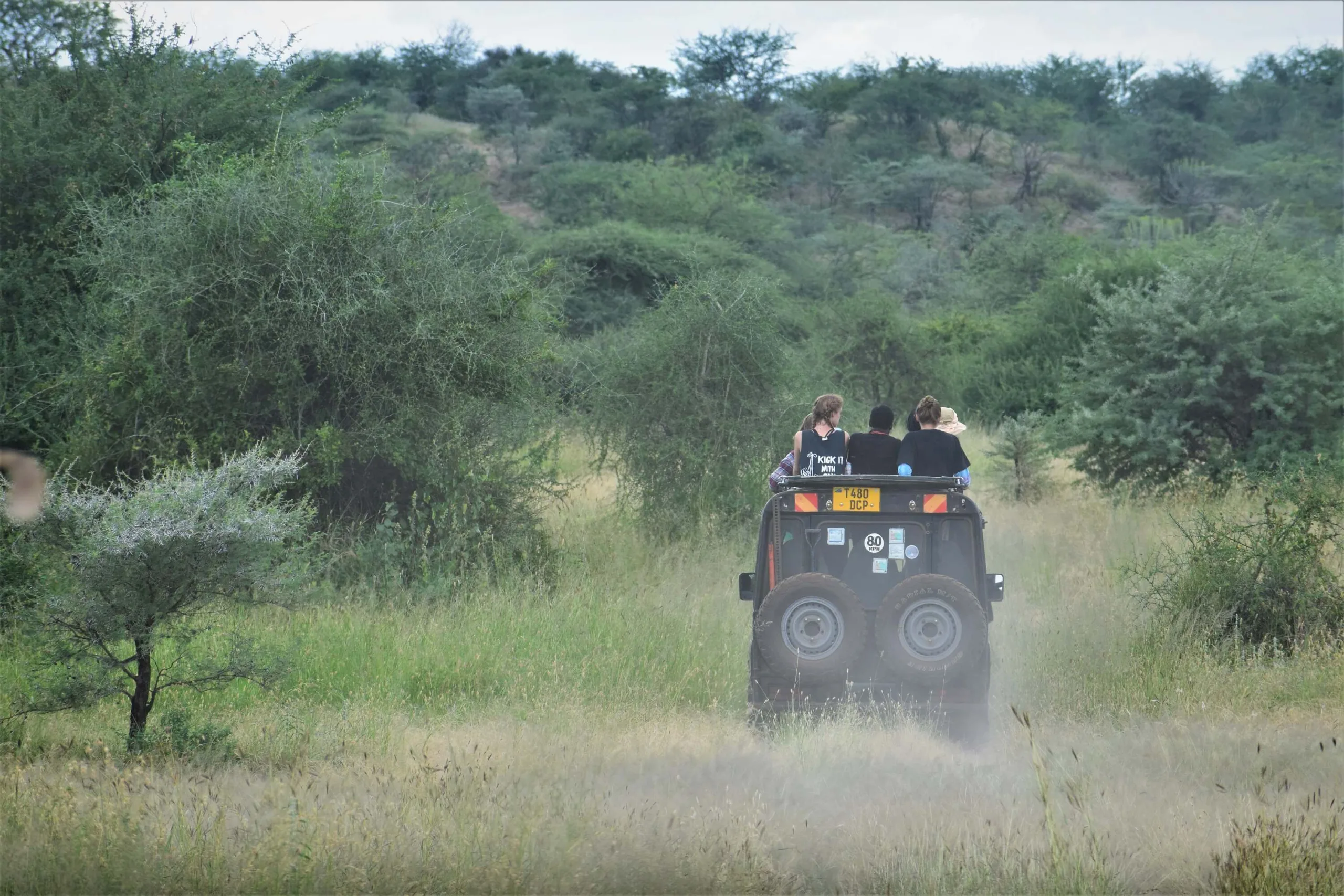
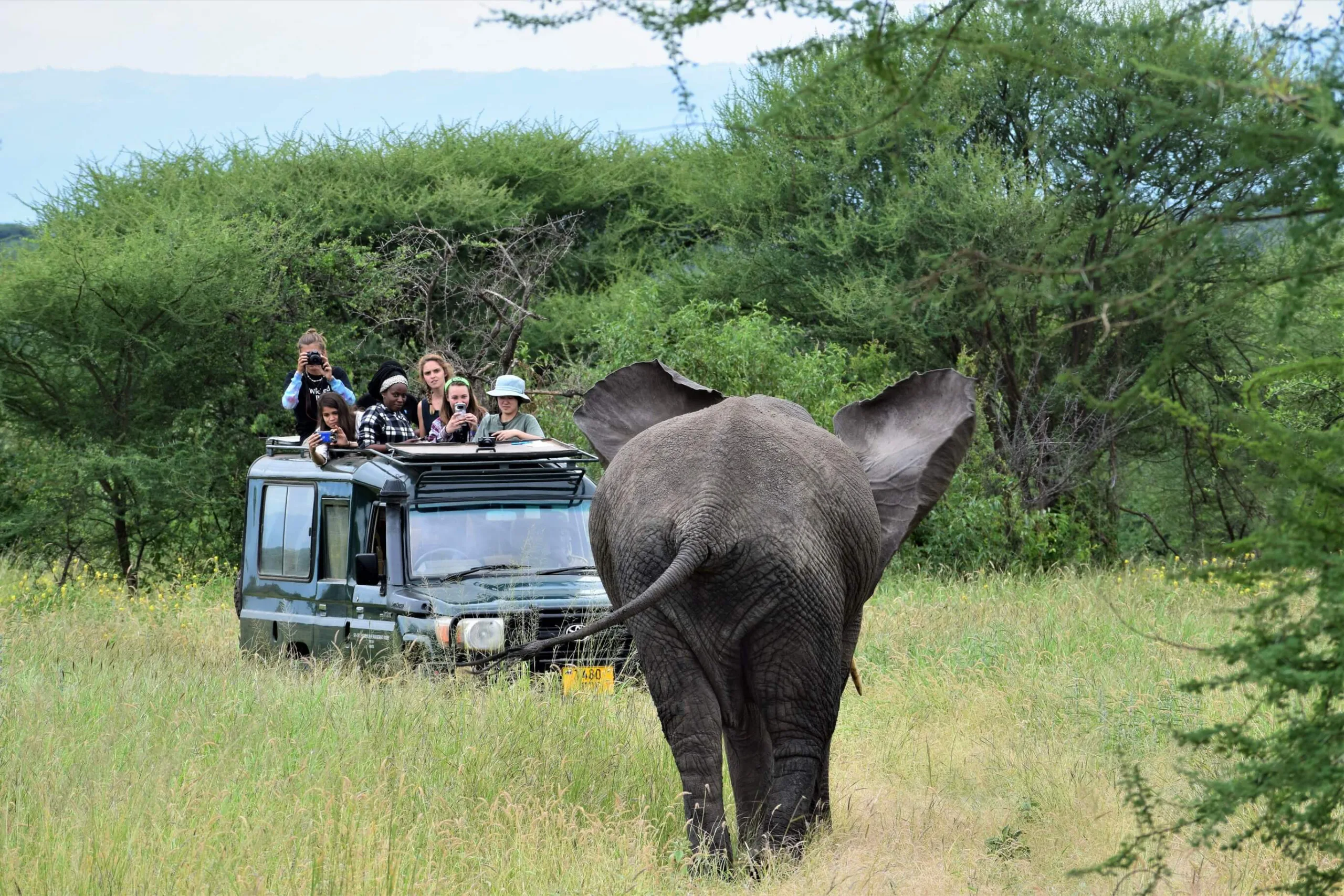
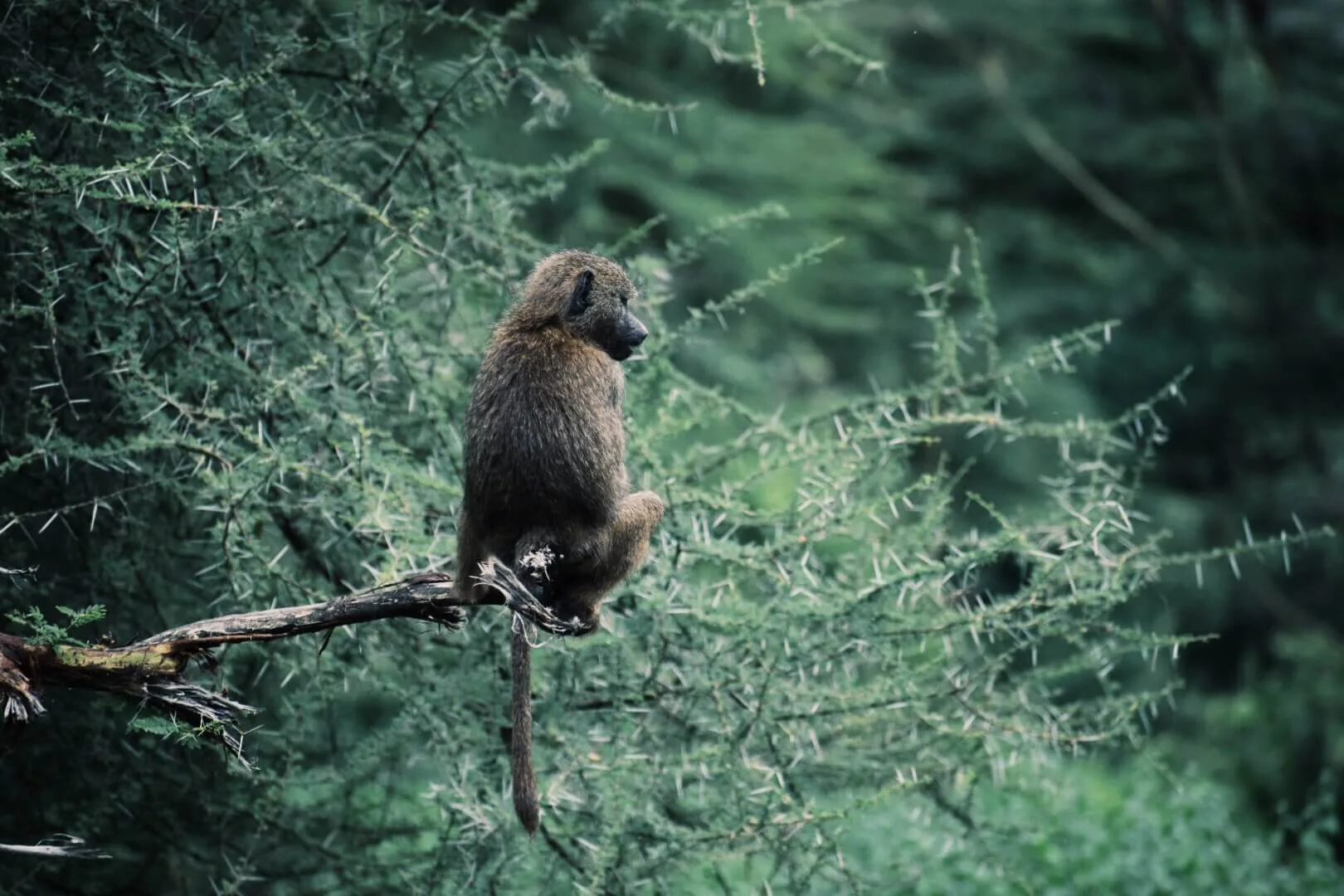
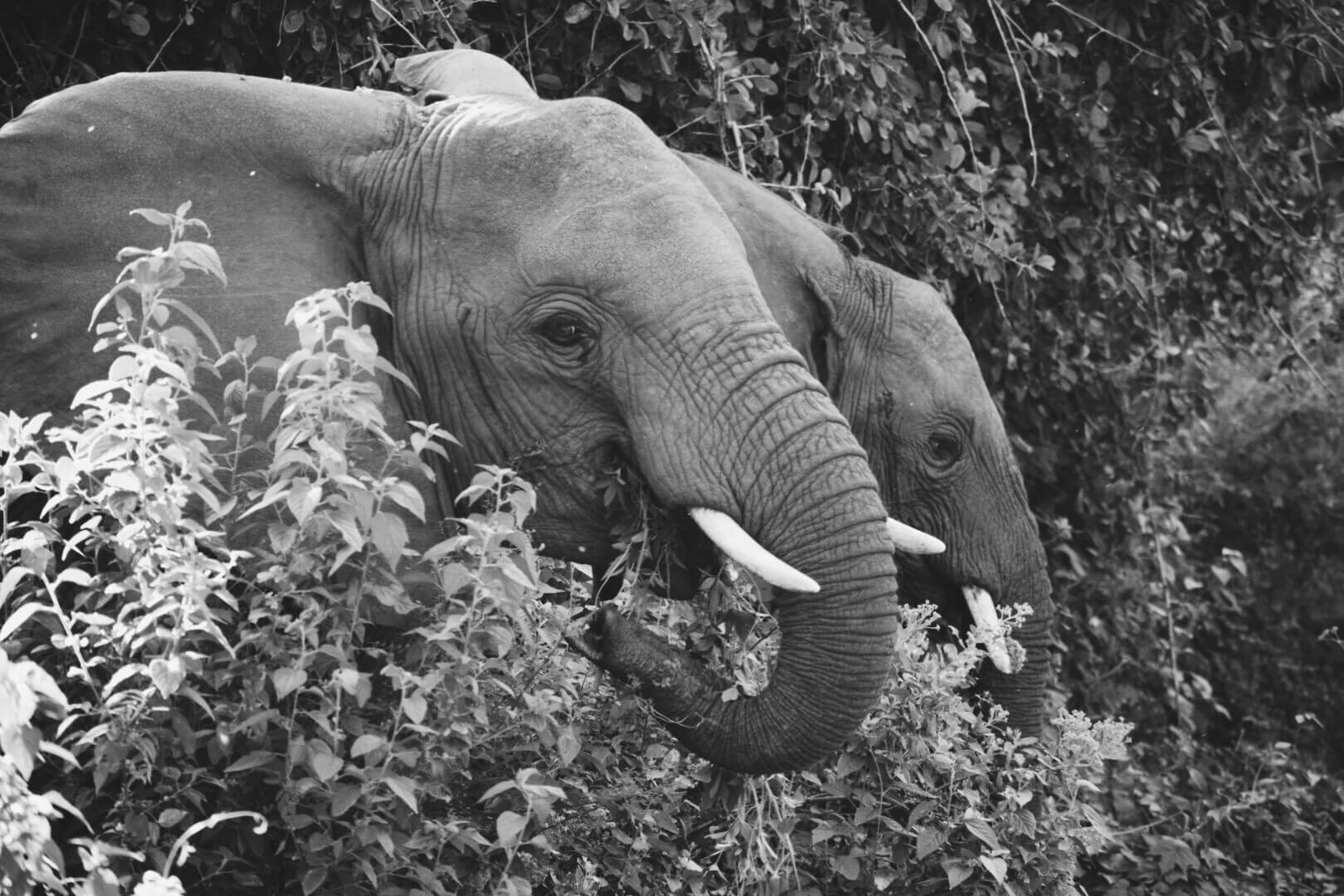
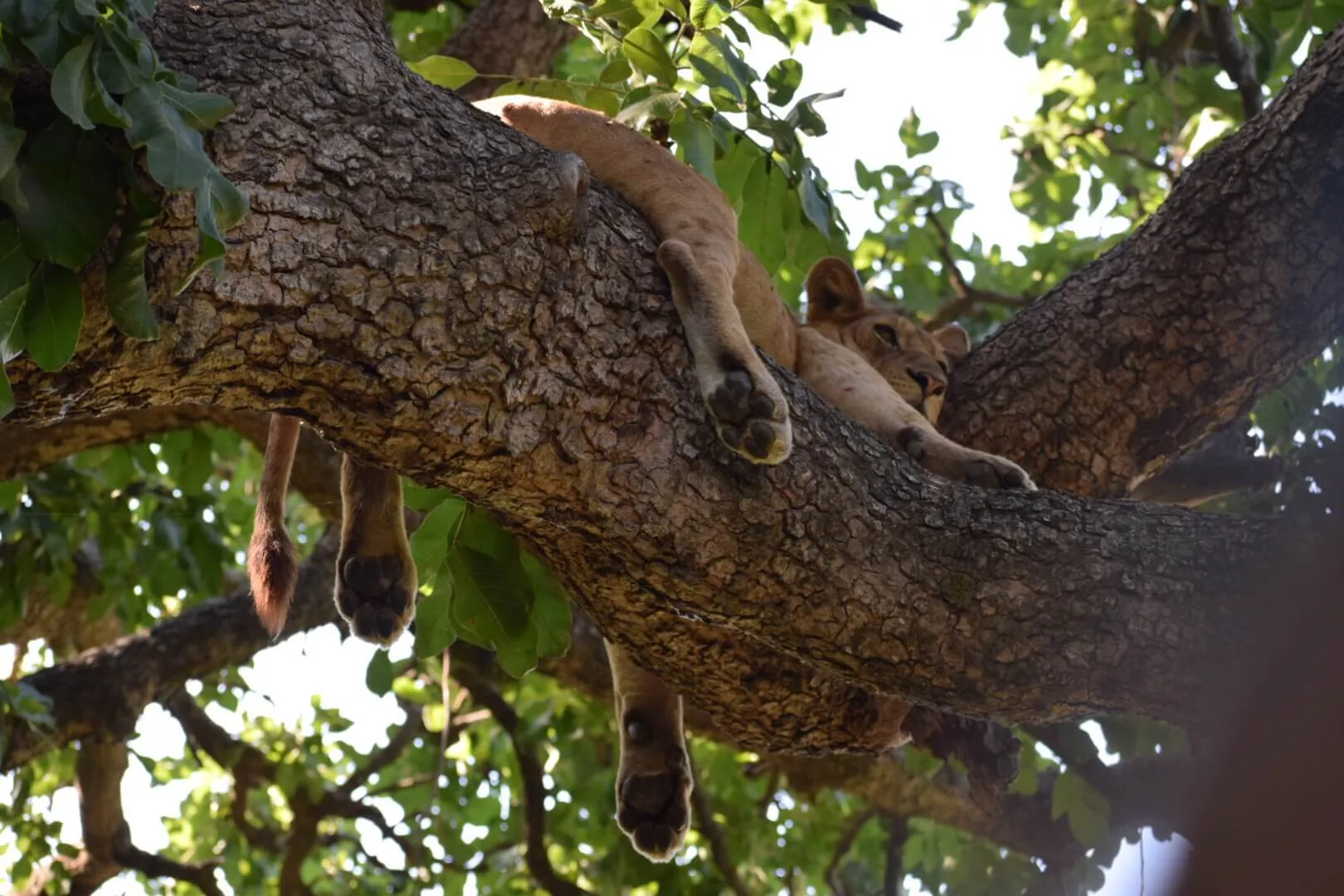
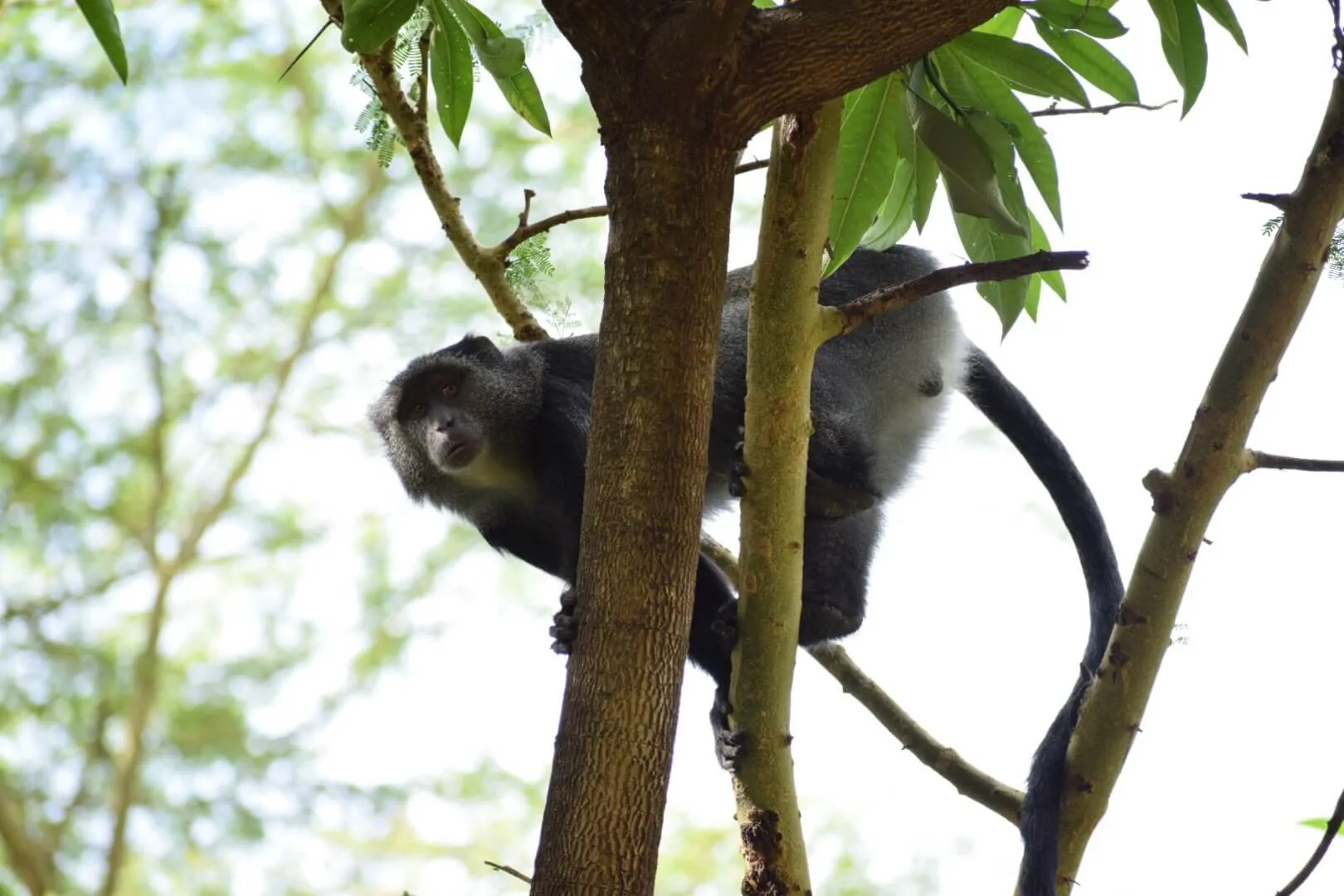
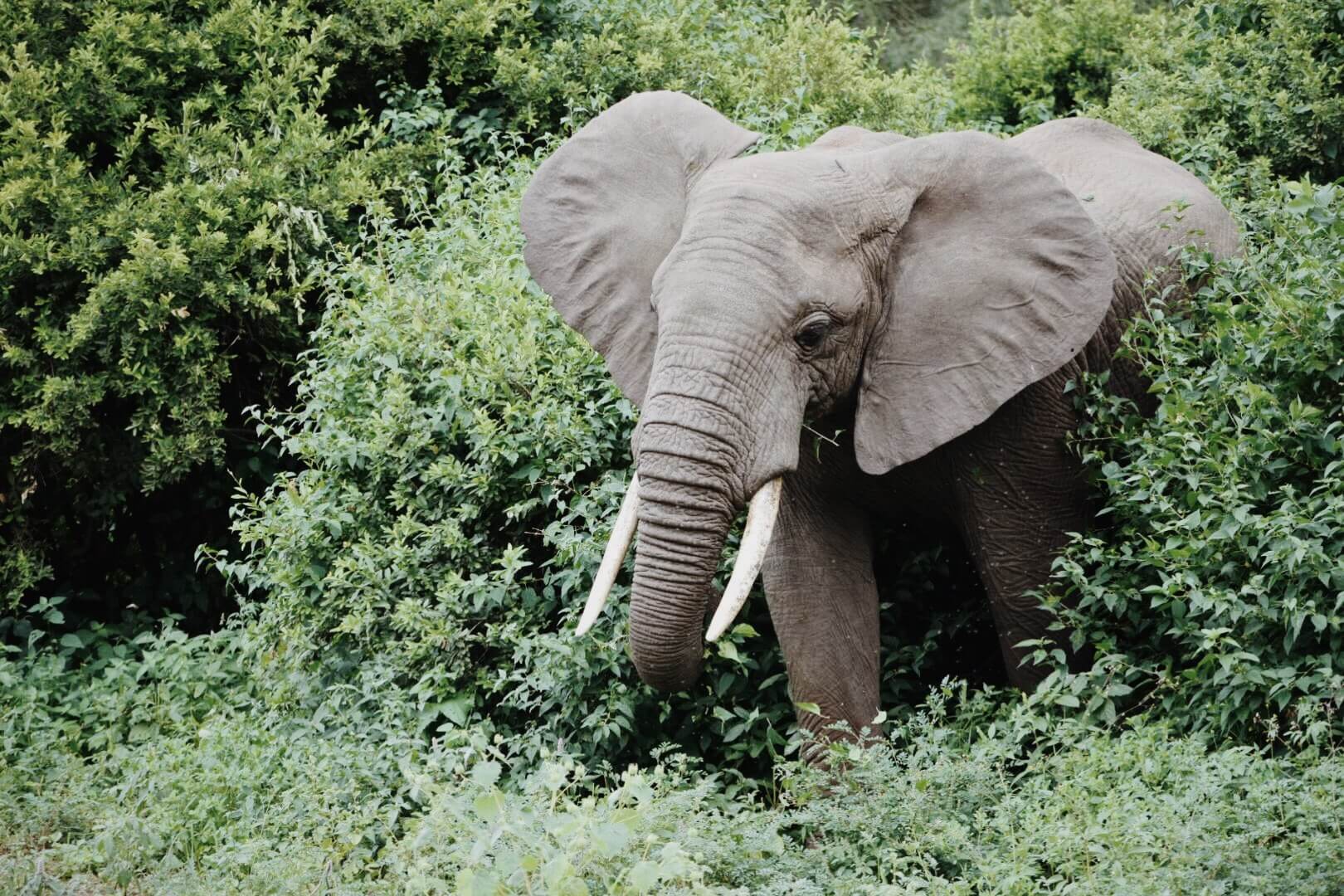
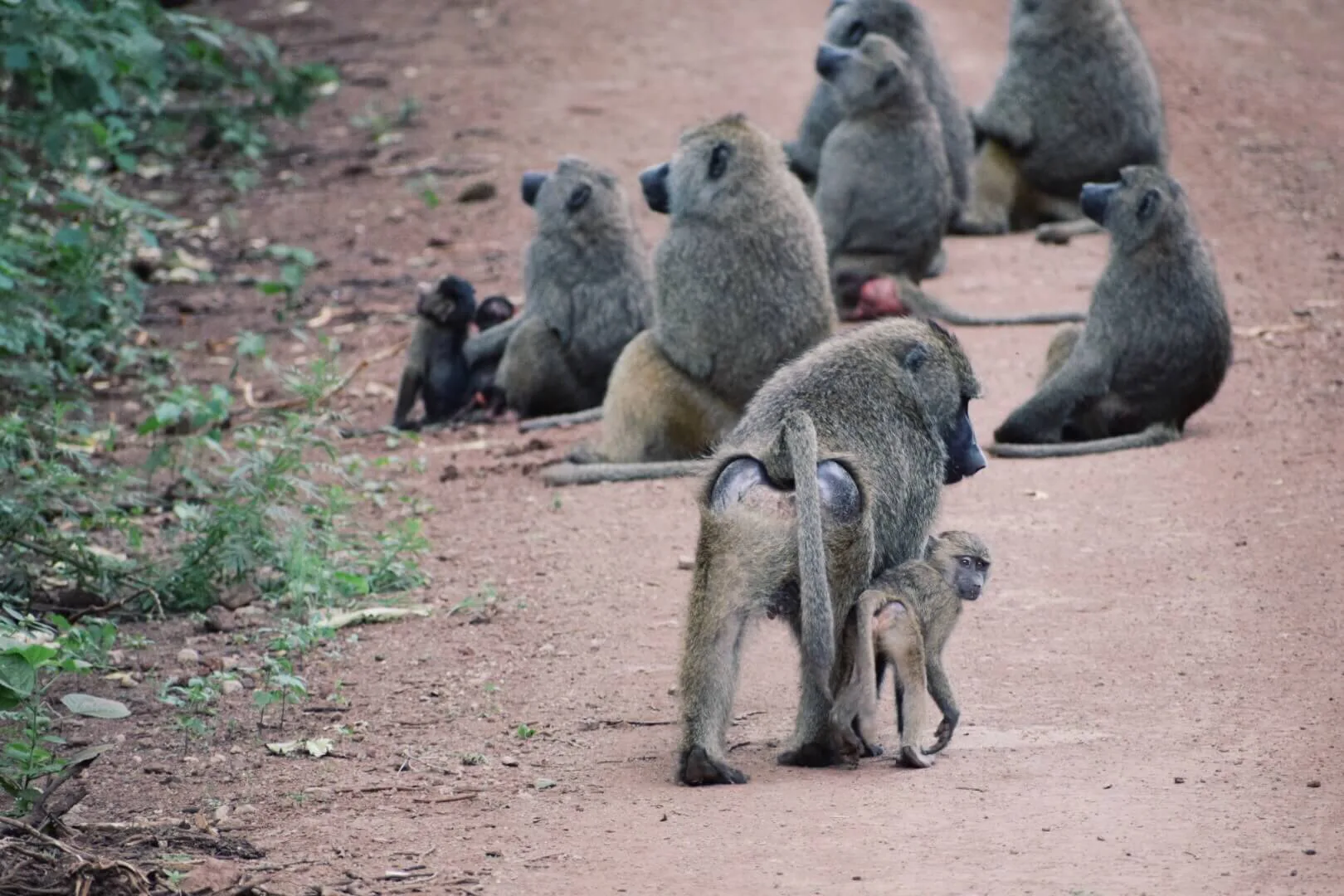
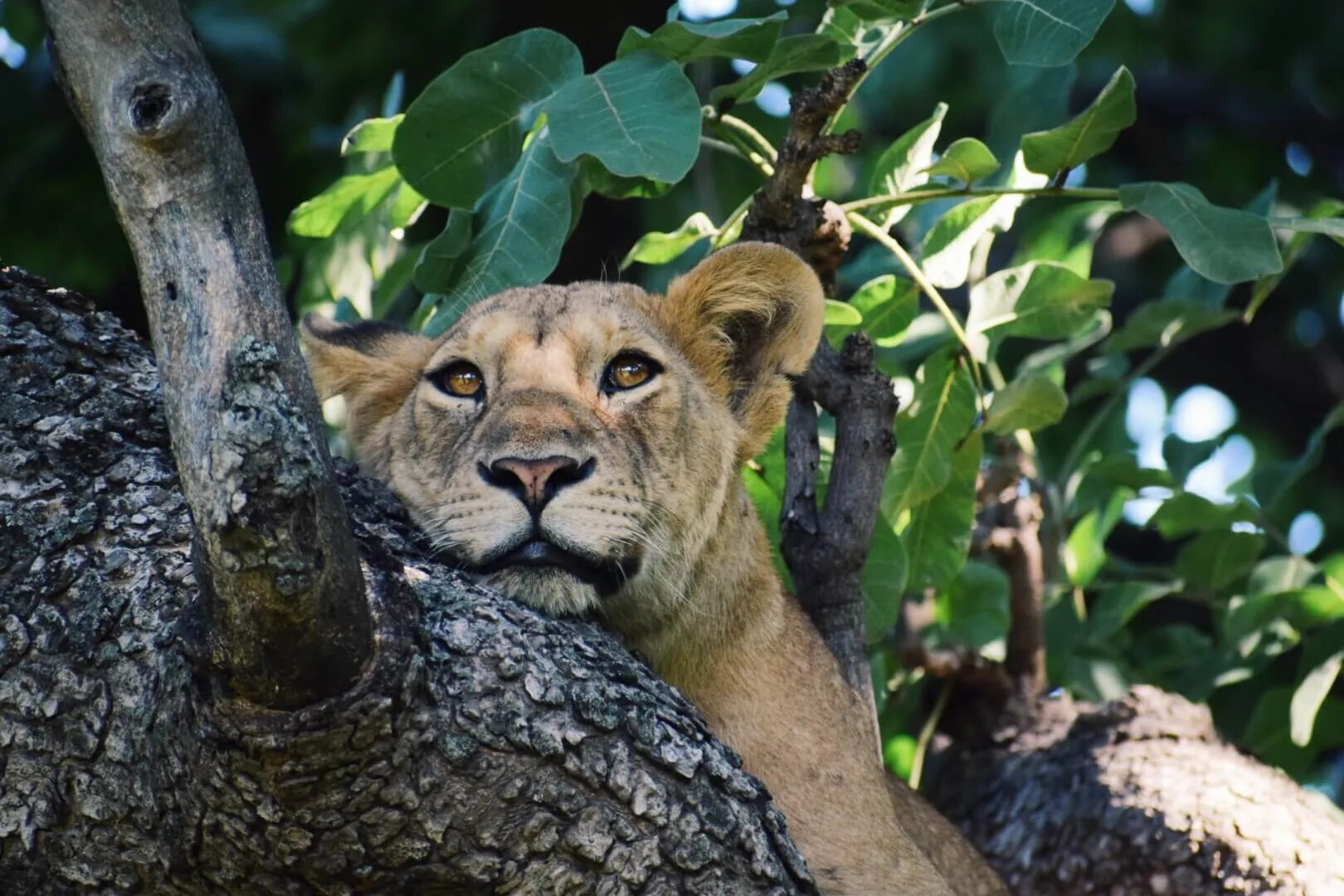
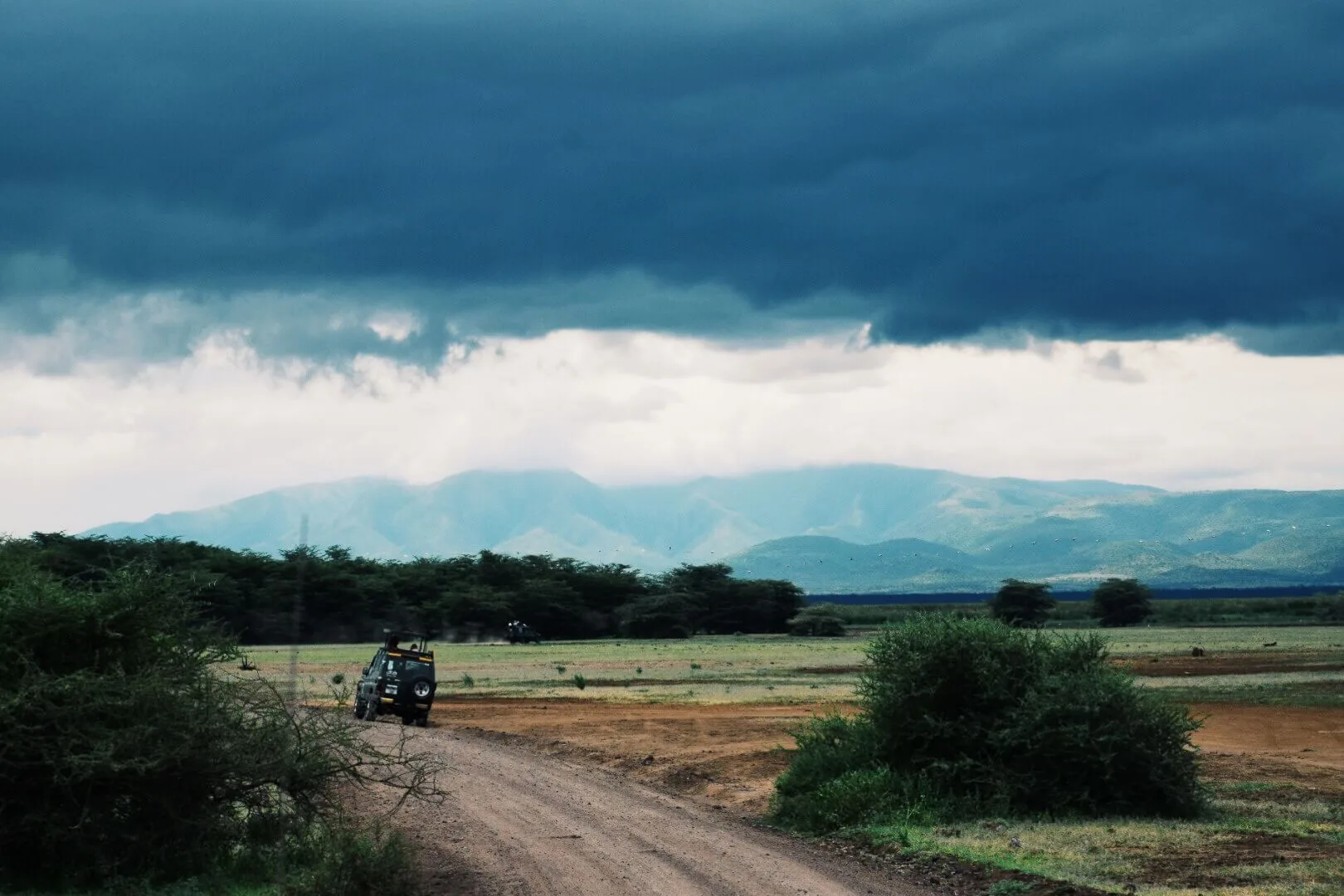
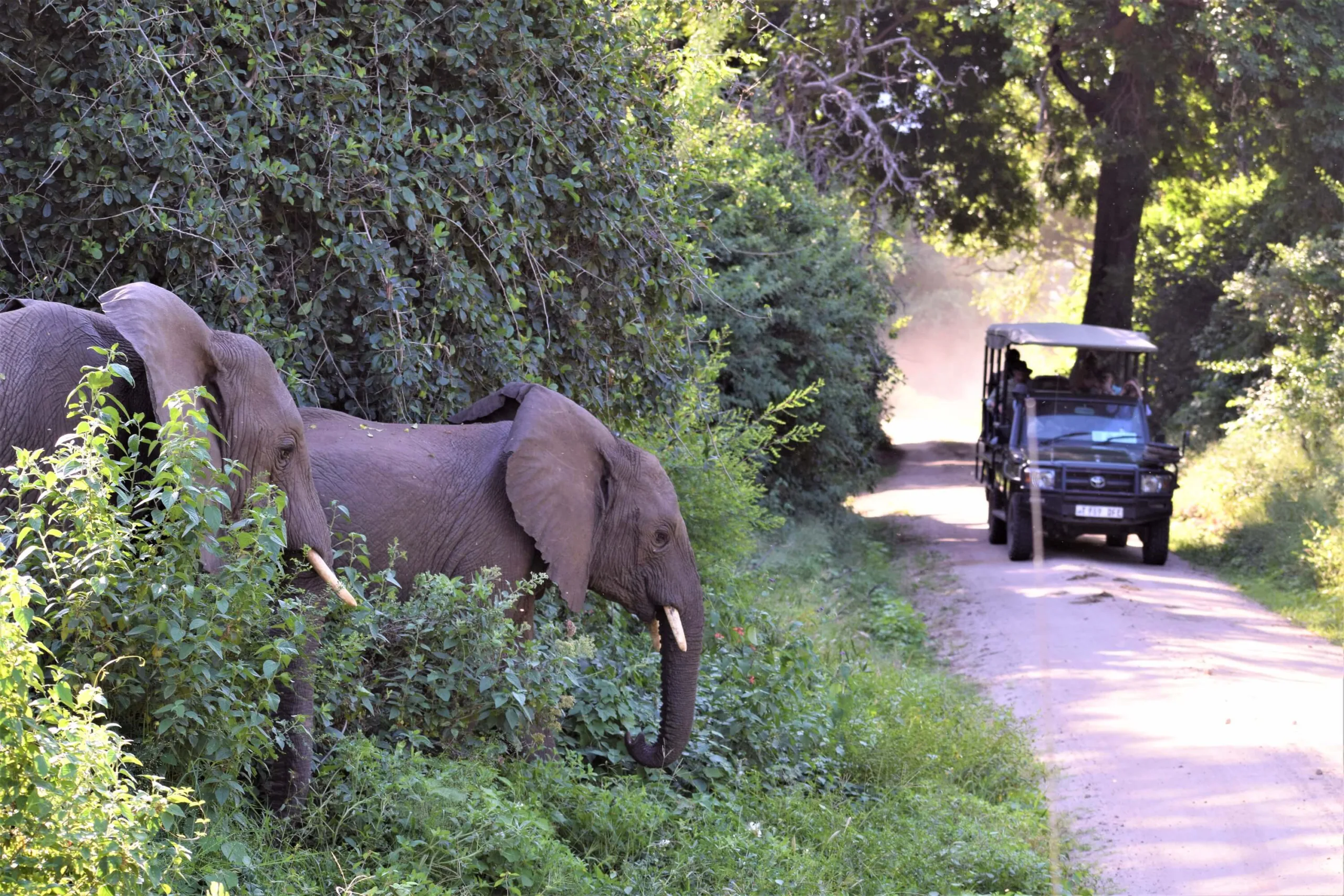
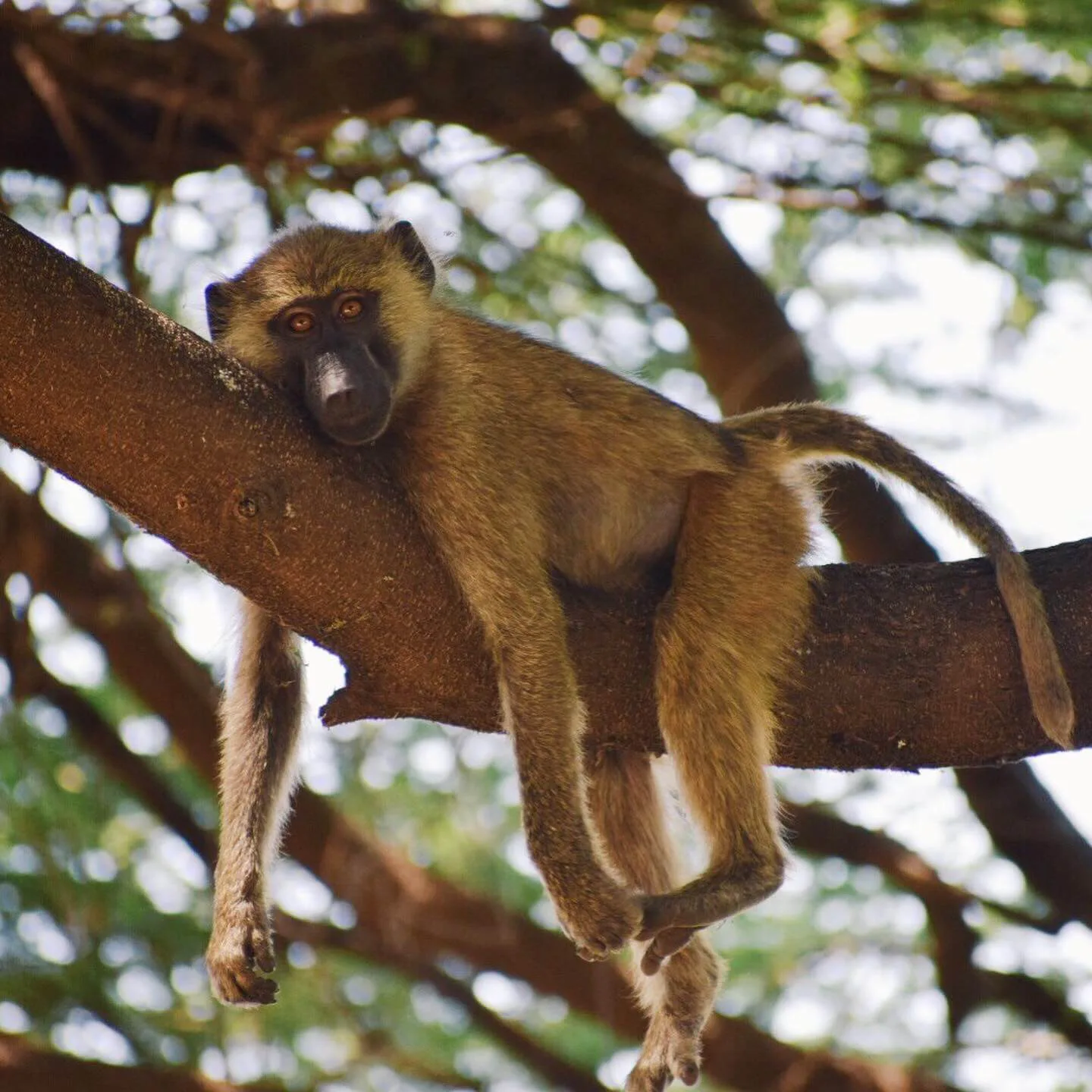
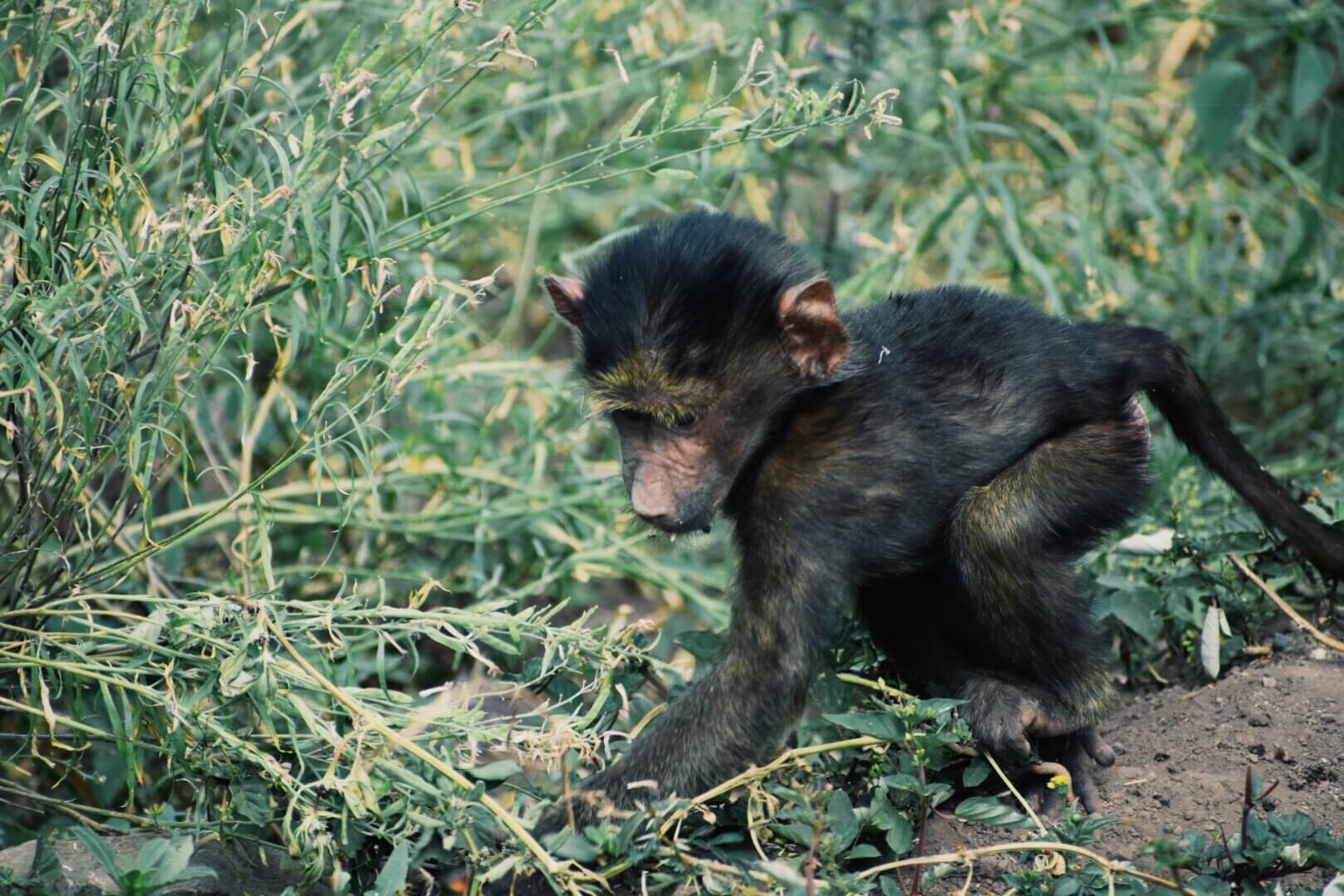
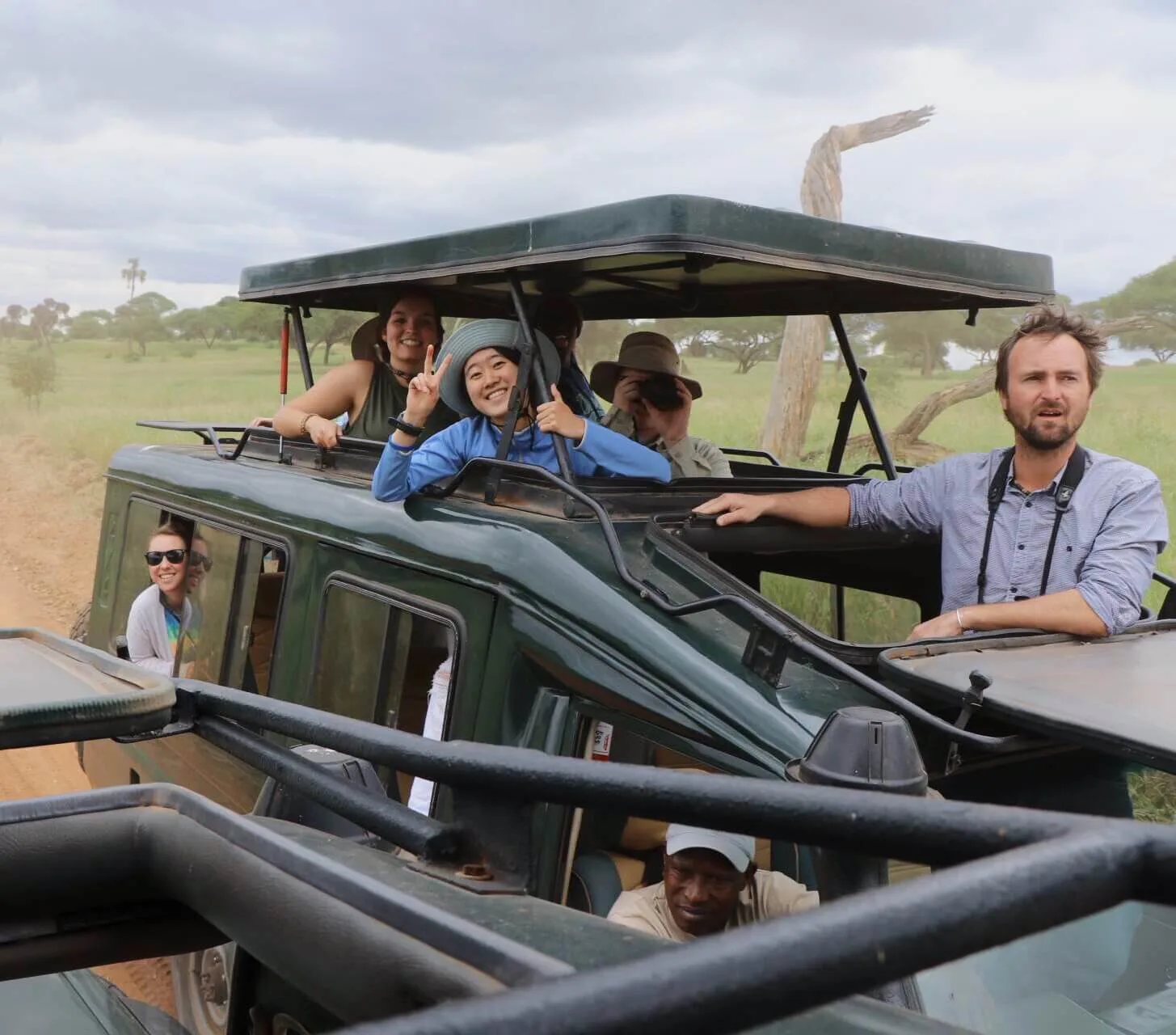
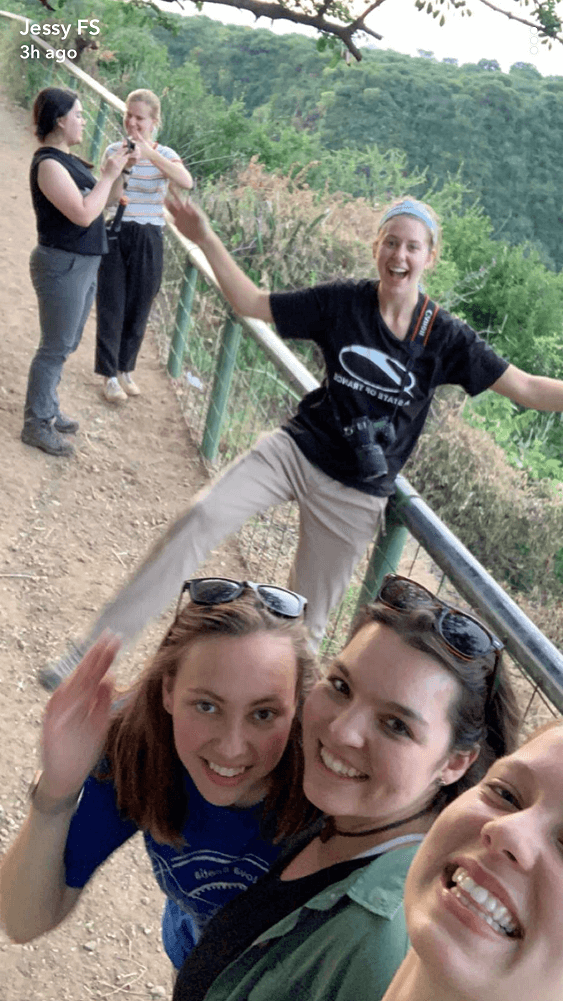
Related Posts

Camila Rojas: Alumni Spotlight⭐

